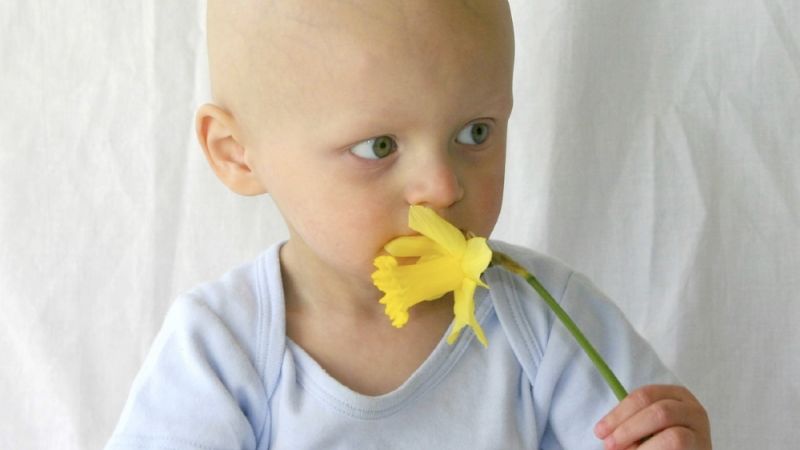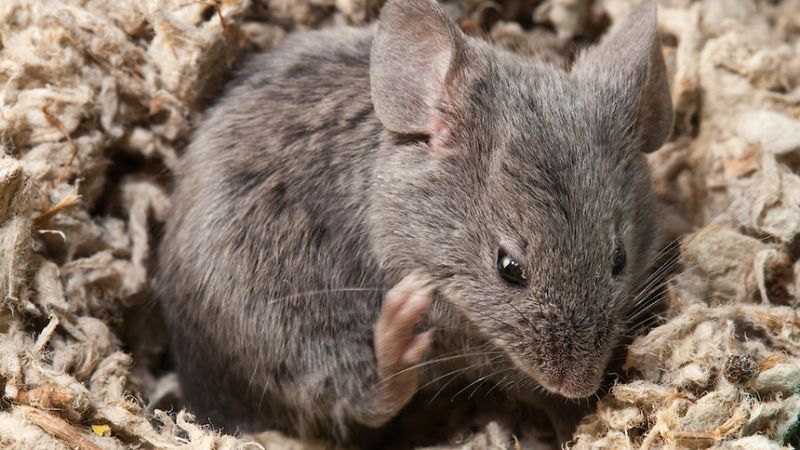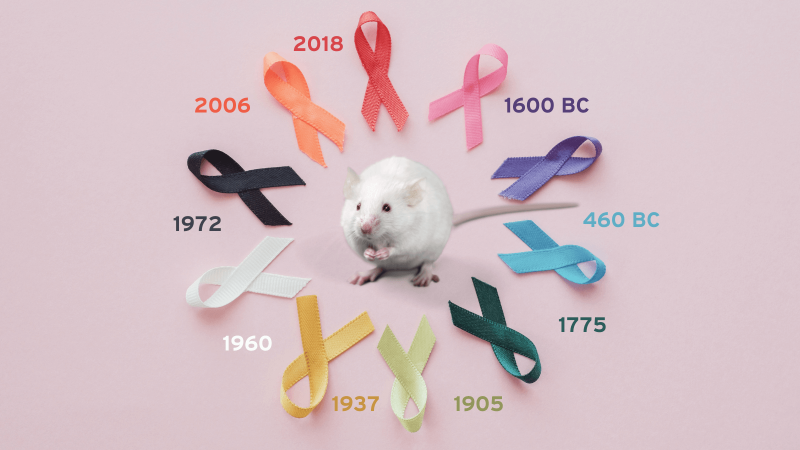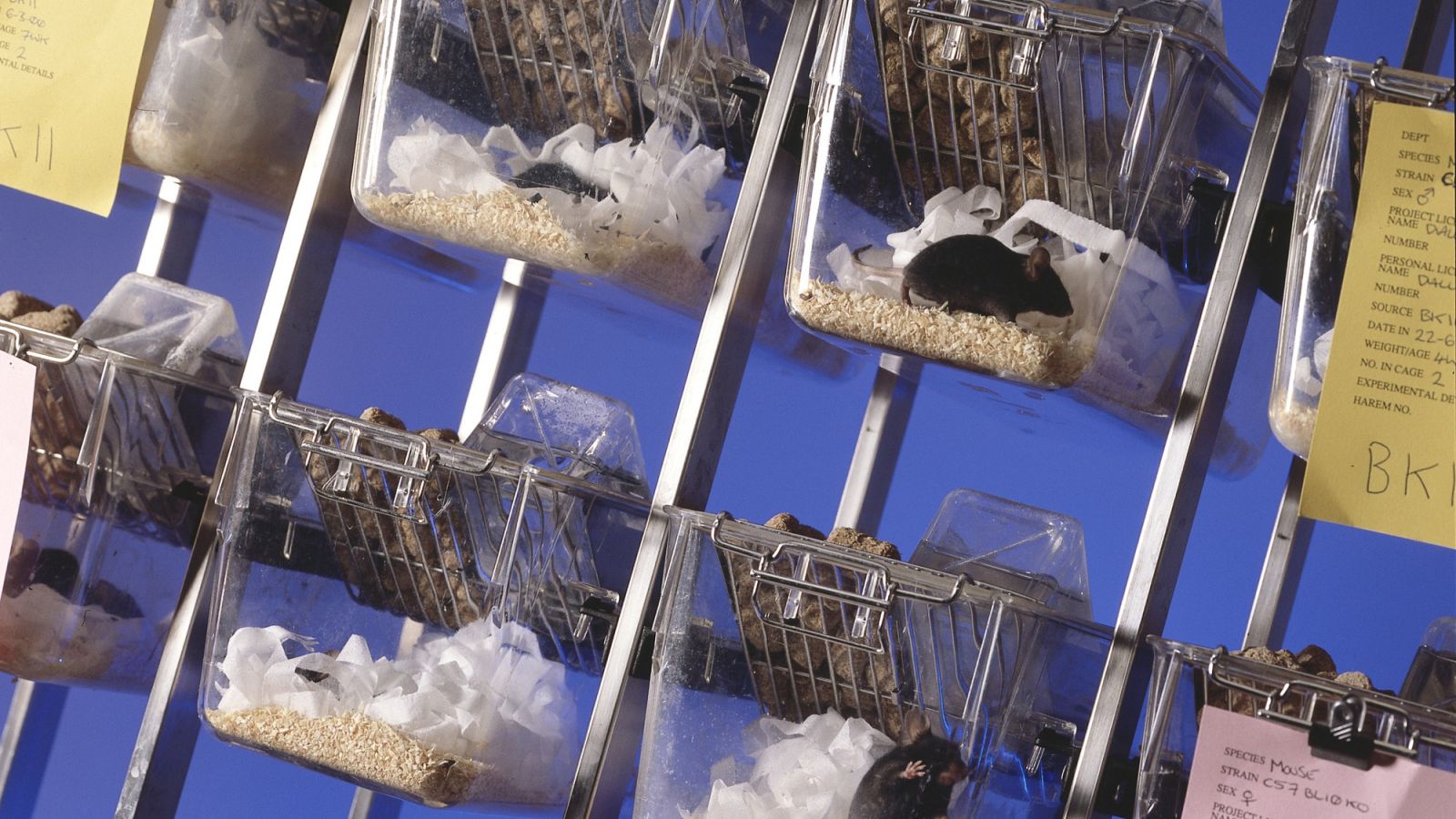
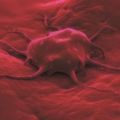 An innovative new approach to fighting cancer has reduced tumour size in mice. The treatment is currently undergoing human trials.
An innovative new approach to fighting cancer has reduced tumour size in mice. The treatment is currently undergoing human trials.
Researchers designed 'cancer beads' that encapsulated tumour cells from humans in a sugar called agrose. When implanted in the abdomen of mice with cancer, the cancer beads reduced tumour size by between three tenths and six tenths.
Fighting cancer using other cancer cells may appear contradictory, but researchers believe the cancer cells in the beads are producing proteins that inhibit tumour growth. As a tumour grows, cancer cells further inside the tumour reach a point where they are surrounded by similar cancerous cells and so stop growing. It is thought that the encapsulated cancer cells secrete proteins which cause the tumour to think it is surrounded by similar cancer cells and so stop it growing.
Other proteins secreted by the cancer beads are thought to promote cell death and reduce the ability to form new blood vessels, which the cancer needs to survive.
Researchers also tested the cancer beads on pet dogs and cats. The beads appeared to extend the lifespan of the animals and in some cases almost removed the tumour. The survival time of one group of 11 dogs was increased by three times that normally expected. There was no control group to compare the results with (the animals had not responded to conventional treatment) so the pets were undergoing the experimental treatment.
Researchers are now putting encapsulated mouse tumour cells into human patients with advanced colon, pancreatic and prostate cancers. Tumours from one species do not grow in other species and so the procedure is thought to be safe.
Between 500 and 750 beads about the size of pea are put into the abdomen of patients. Researchers hope to present data on the human trials later this year.
Read more about animals used in cancer research here.
Last edited: 6 April 2022 15:03

